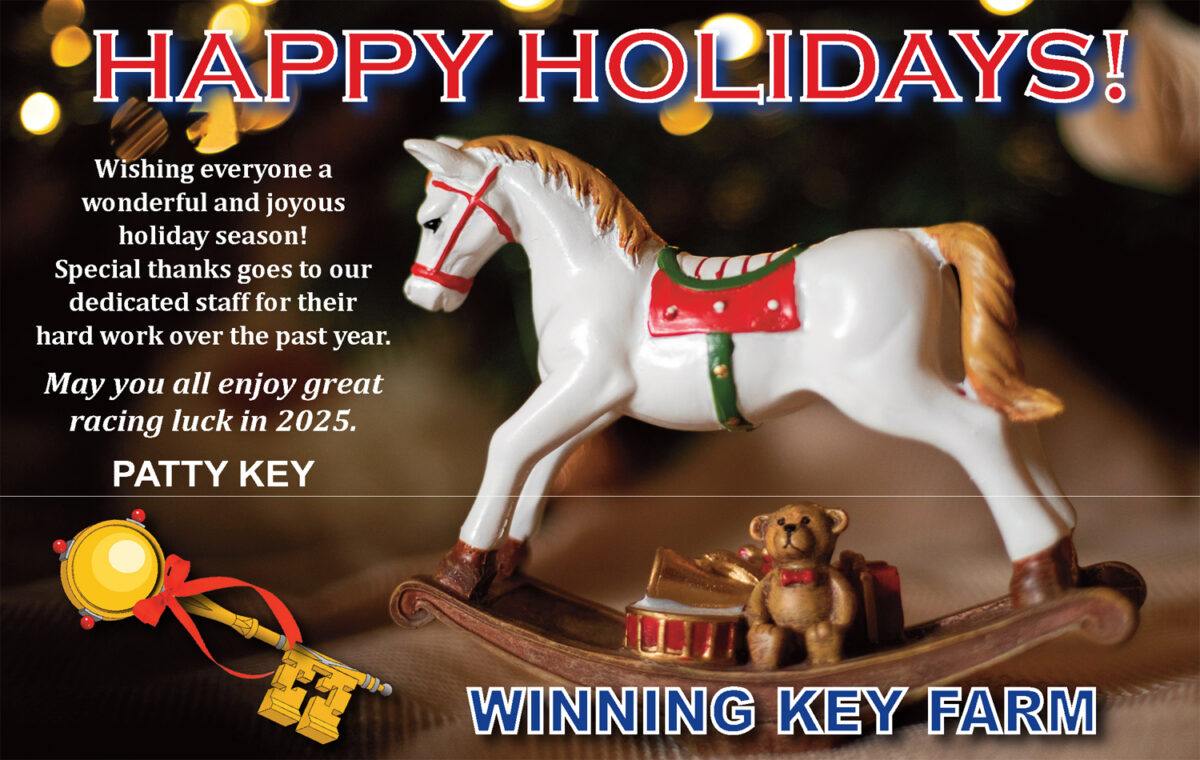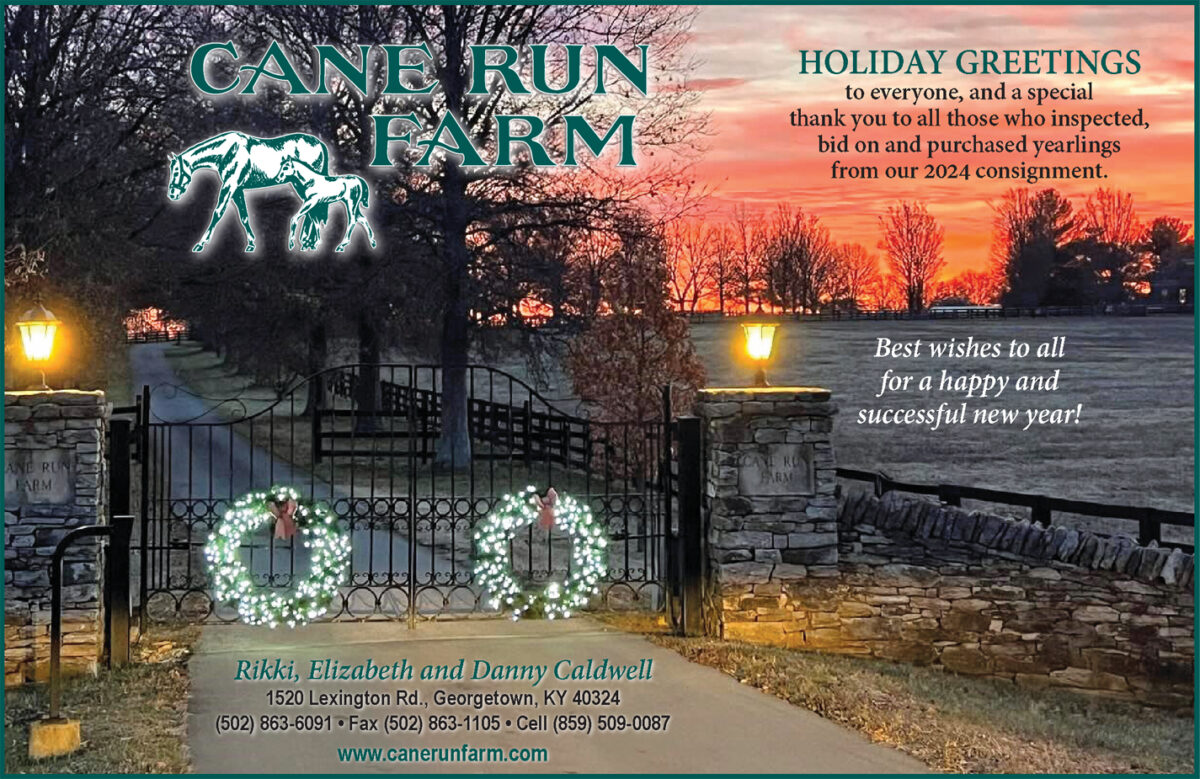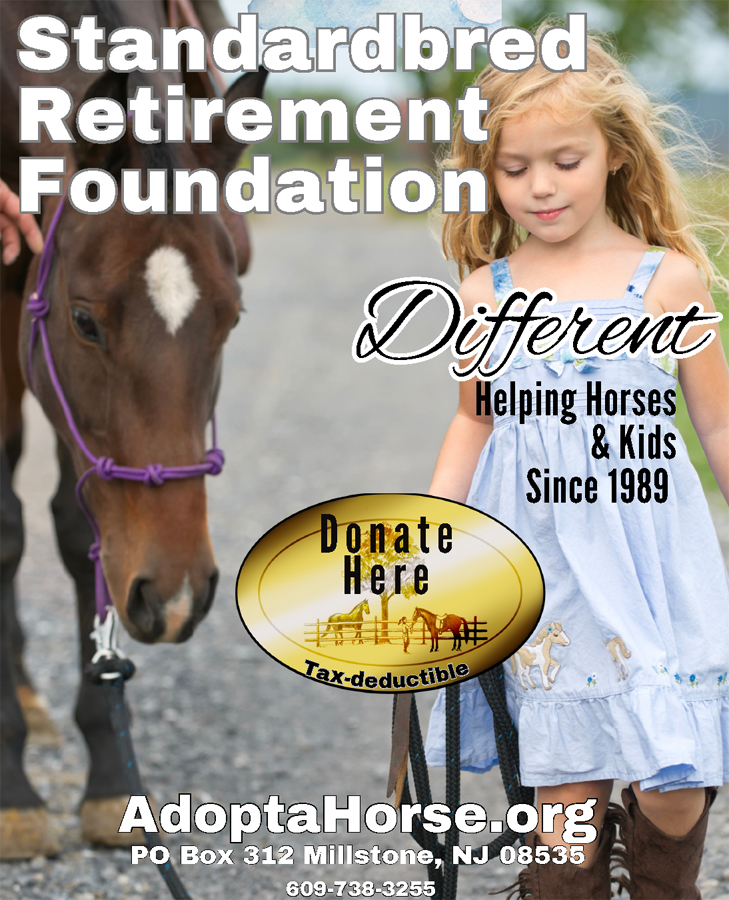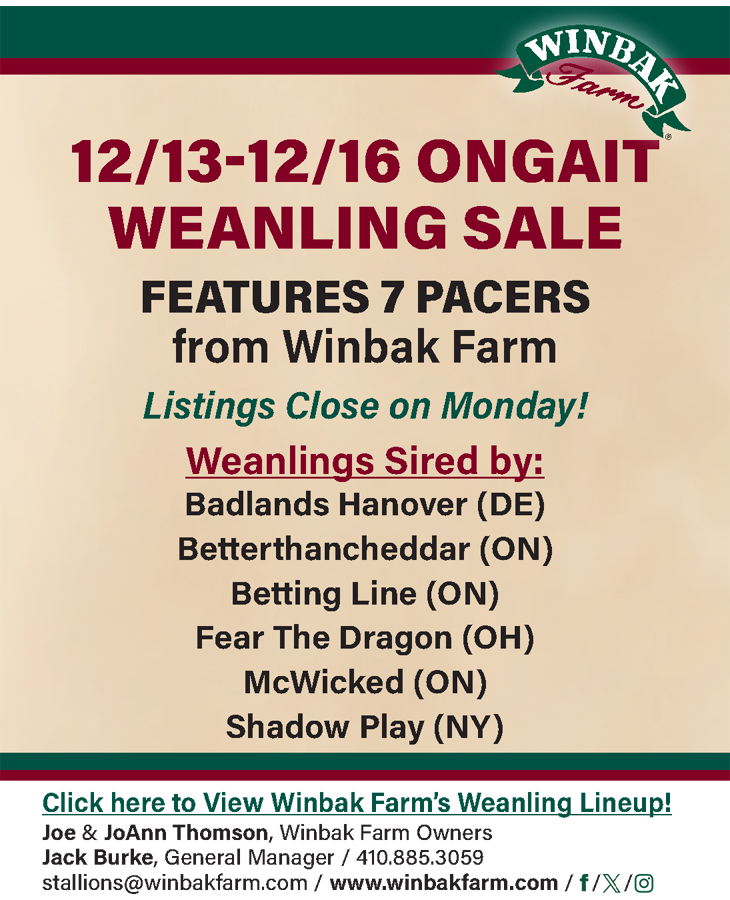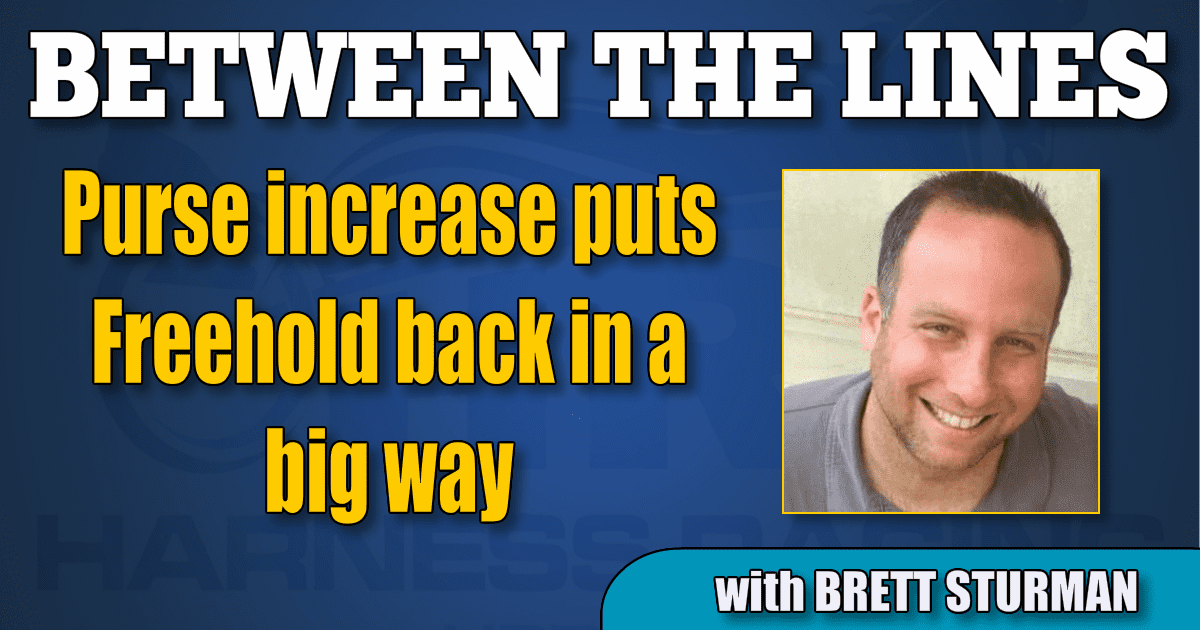

Purse increase puts Freehold back in a big way
by Brett Sturman
Effective today, part of the $1.6 million subsidy provided to Freehold by the New Jersey legislature is reflected in the Friday afternoon race card. The impact of it cannot be overstated, and the purse increases could go a long way in bringing back the ‘delight’ to the historic daytime half-mile track.
With an approximate 50 per cent increase in purses beginning this weekend of racing compared to last weekend, the difference it makes is immediate. Looking at the pure numbers, last Friday and Saturday, Freehold carded 20 races that drew 152 horses. This weekend, the Friday and Saturday cards will go 24 races with a total of 191 horses. Saturday alone has 13 races with every one of those boasting full 8-horse fields; some overflowing with also-eligibles.
At the condition class bookends, the bottom level purses have been raised from $3,200 to $4,800, and the preferred handicaps on the trot and pace go from $8,000 up to $12,000. These purses put Freehold on par or better than most half-mile tracks in neighboring New York, with the exception of Yonkers. In Pennsylvania, Pocono Downs continues to have some of the highest purses in the country, and in some of their lower level conditions Freehold isn’t far off. As an example, a $7,500 claiming race at Pocono this week went for a purse of $6,000. At Freehold, a $7,500 optional-claimer goes for $5,000. It’s only a difference of $500 to the winner of the race.
Historically speaking, the new Freehold purses now aren’t far off either from some of the tracks better days in the early 2000s. Back to a September 2001 program, a non-winners of $7,500 went for $9,000. On Saturday, the same race will go for a purse of $10,500. Similarly, a straight $15,000 claimer (non-NJSO) went for $6,900 back then, and this weekend you have optional $12,500 claimers going for $7,700 with the NJSO preference going for $9,625.
At it’s best, the purses at Freehold were competitive enough that the track routinely attracted the best drivers and trainers. Leading drivers at that time included names such as David Miller, Stephane Bouchard, Cat Manzi, Jeff Gregory, Ross Wolfenden, Richie Silverman, Jack Moiseyev and down so forth down the line. And the trainer standings were a who’s-who of some of the best horsemen to race in New Jersey.
It remains to be seen what the purse increases will do as far as attracting fresh talent, but it’s almost certain that the dynamic will change.
For the past couple of years now, Freehold has been thoroughly owned by a single trainer. Since January of this year alone, trainer Nick Surick has 62 wins from 178 starts. Just how dominant exactly is that? The second most winning trainer this year has just 7 wins. In fact, Surick’s 62 wins are more than the second-leading trainer through 11th leading trainer – combined! That almost will have to change as the increased purses are bound to attract higher winning percentages trainers to race more often at Freehold. The training colony may not turn into the 2001 colony overnight that included the likes of Noel Daley, Chris Ryder, Jim Campbell, Brett Pelling etc., but nonetheless there should be an increased level of competition.
With the presumed increase in competition, the track’s handle is another component that should benefit. Despite the Freehold racing product being far from what it once was – especially in terms of racing stock – people still bet the track. Even with a ton of one-sided races and low-level races where more than half the horses are auto-tosses, the track doesn’t do terribly from a handle perspective, all things considered. Handle outpaces many tracks where higher quality horses race, with win and exotic pools almost always exceeding $10,000 per pool. This may not seem great, but it’s not bad when you consider what Freehold does relative to what it has to work with. And unlike a lot of other tracks, Freehold is at least a track with sizable enough pools that bettors can bet into without a $50 bet skewing the odds. Now, with both increased competition and better racing stock, the Freehold product becomes that much more appealing from a betting standpoint.
As remarkable as the purse turnaround looks at Freehold now, there is still money from the subsidy on the table to be used for further increases which will make the track that much more appealing. And unlike the Meadowlands, which competes directly with almost all neighboring tracks for horses, for the time being many of the horses at Freehold wouldn’t be eligible to race at those other tracks for not meeting minimum class requirements. Should the same level of horses or perhaps slightly better ones continue to race at Freehold, the track could have a stream of full fields racing at purse levels not seen since before its downturn.
All early indicators point to Freehold making the most of its new subsidy. It wasn’t that long ago where Freehold was a widely respectable track with top drivers and trainers, and above of all the track was relevant. Those days may be coming again soon.







